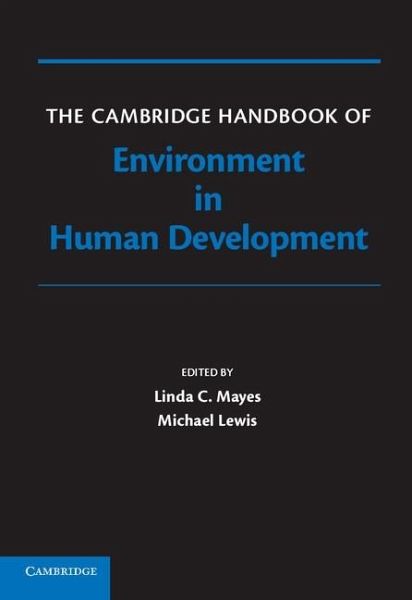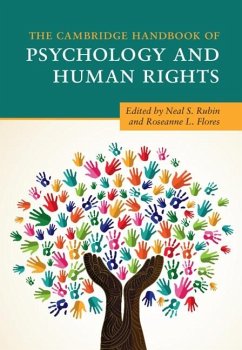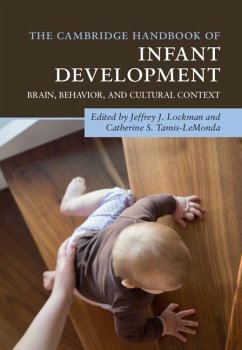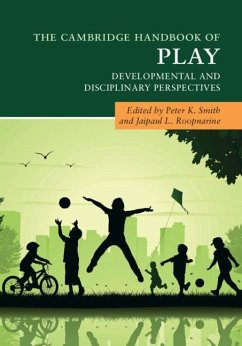
Cambridge Handbook of Environment in Human Development (eBook, ePUB)
Versandkostenfrei!
Sofort per Download lieferbar
33,95 €
inkl. MwSt.
Weitere Ausgaben:

PAYBACK Punkte
17 °P sammeln!
Families, communities and societies influence children's learning and development in many ways. This is the first handbook devoted to the understanding of the nature of environments in child development. Utilizing Urie Bronfenbrenner's idea of embedded environments, this volume looks at environments from the immediate environment of the family (including fathers, siblings, grandparents and day-care personnel) to the larger environment including schools, neighborhoods, geographic regions, countries and cultures. Understanding these embedded environments and the ways in which they interact is ne...
Families, communities and societies influence children's learning and development in many ways. This is the first handbook devoted to the understanding of the nature of environments in child development. Utilizing Urie Bronfenbrenner's idea of embedded environments, this volume looks at environments from the immediate environment of the family (including fathers, siblings, grandparents and day-care personnel) to the larger environment including schools, neighborhoods, geographic regions, countries and cultures. Understanding these embedded environments and the ways in which they interact is necessary to understand development.
Dieser Download kann aus rechtlichen Gründen nur mit Rechnungsadresse in A, B, BG, CY, CZ, D, DK, EW, E, FIN, F, GR, HR, H, IRL, I, LT, L, LR, M, NL, PL, P, R, S, SLO, SK ausgeliefert werden.













